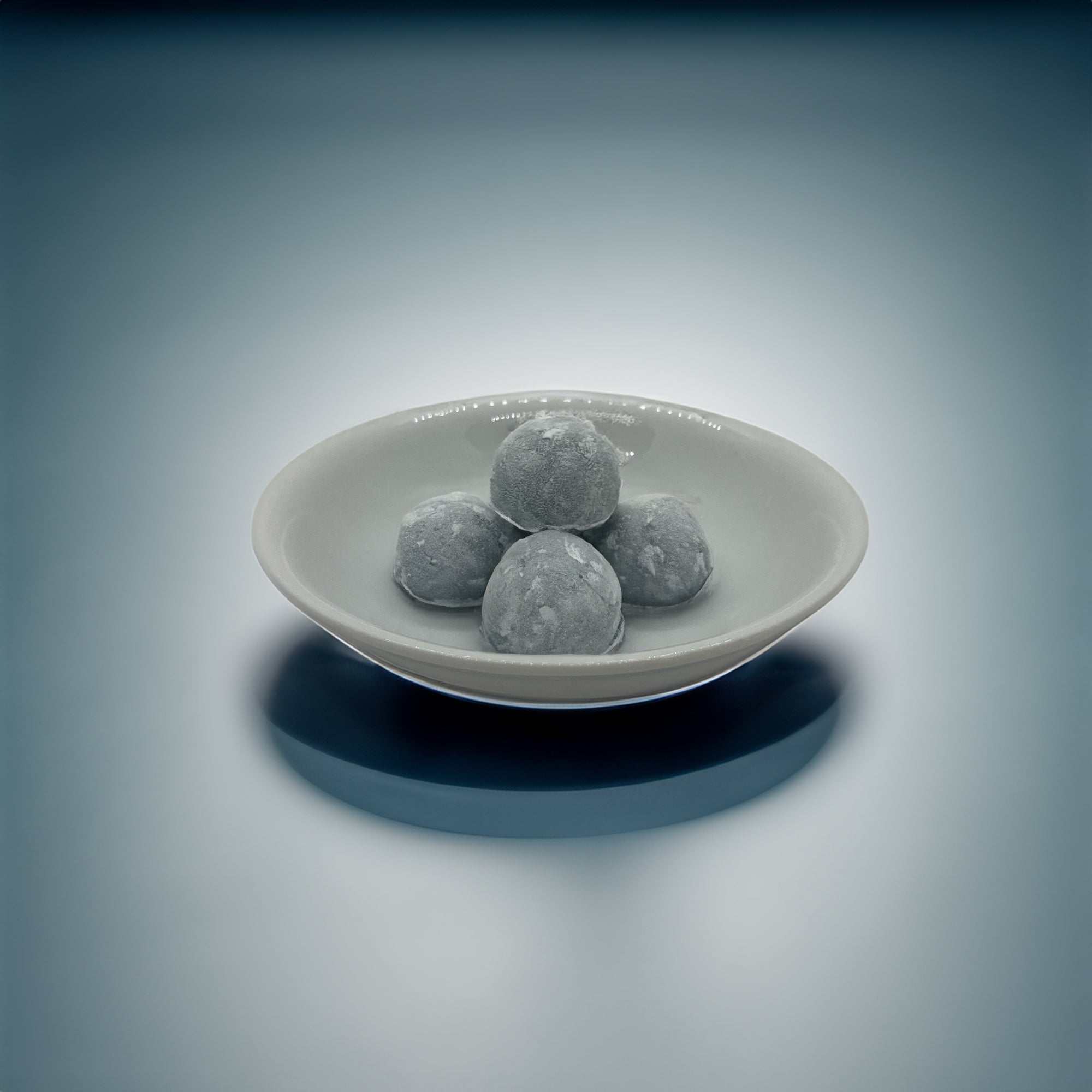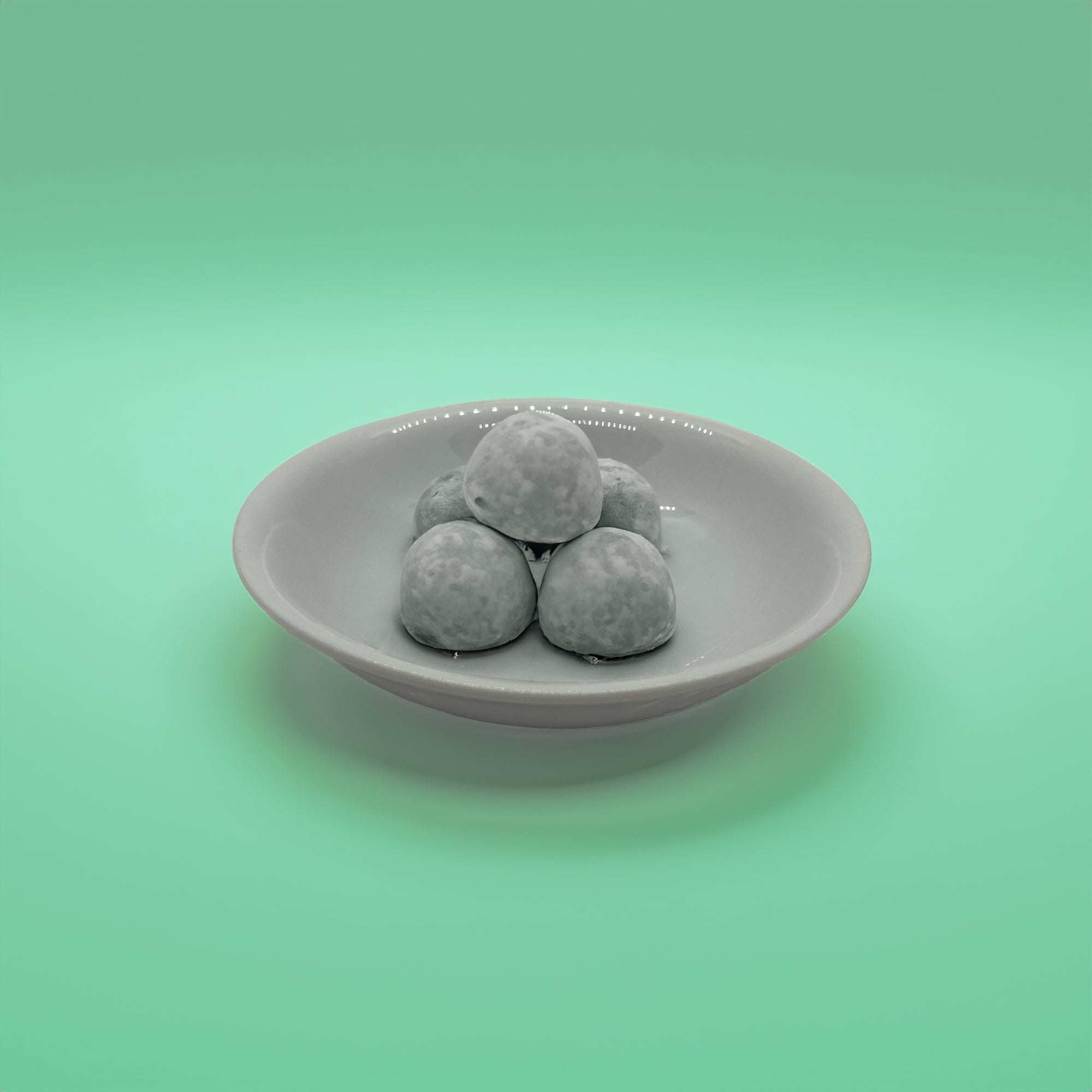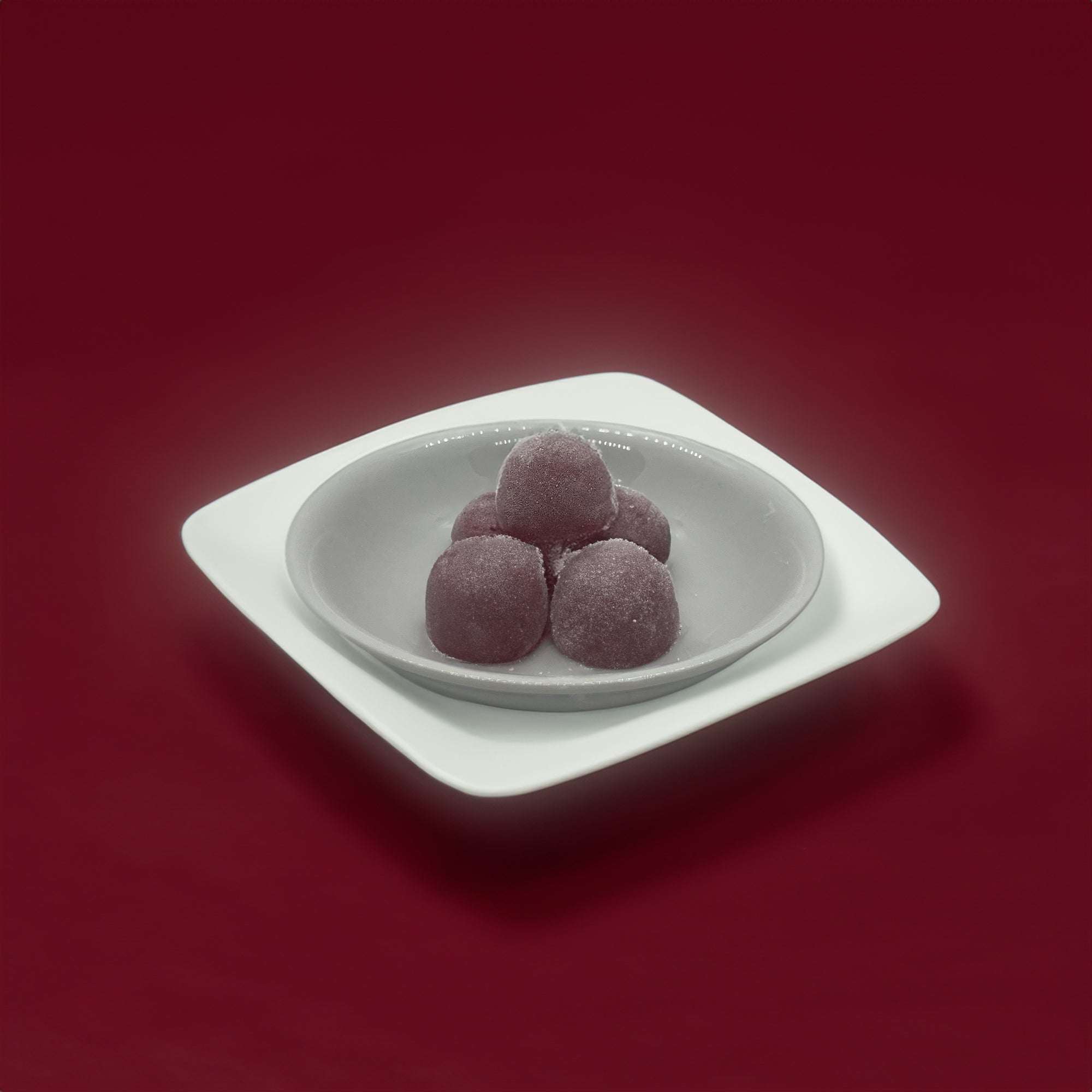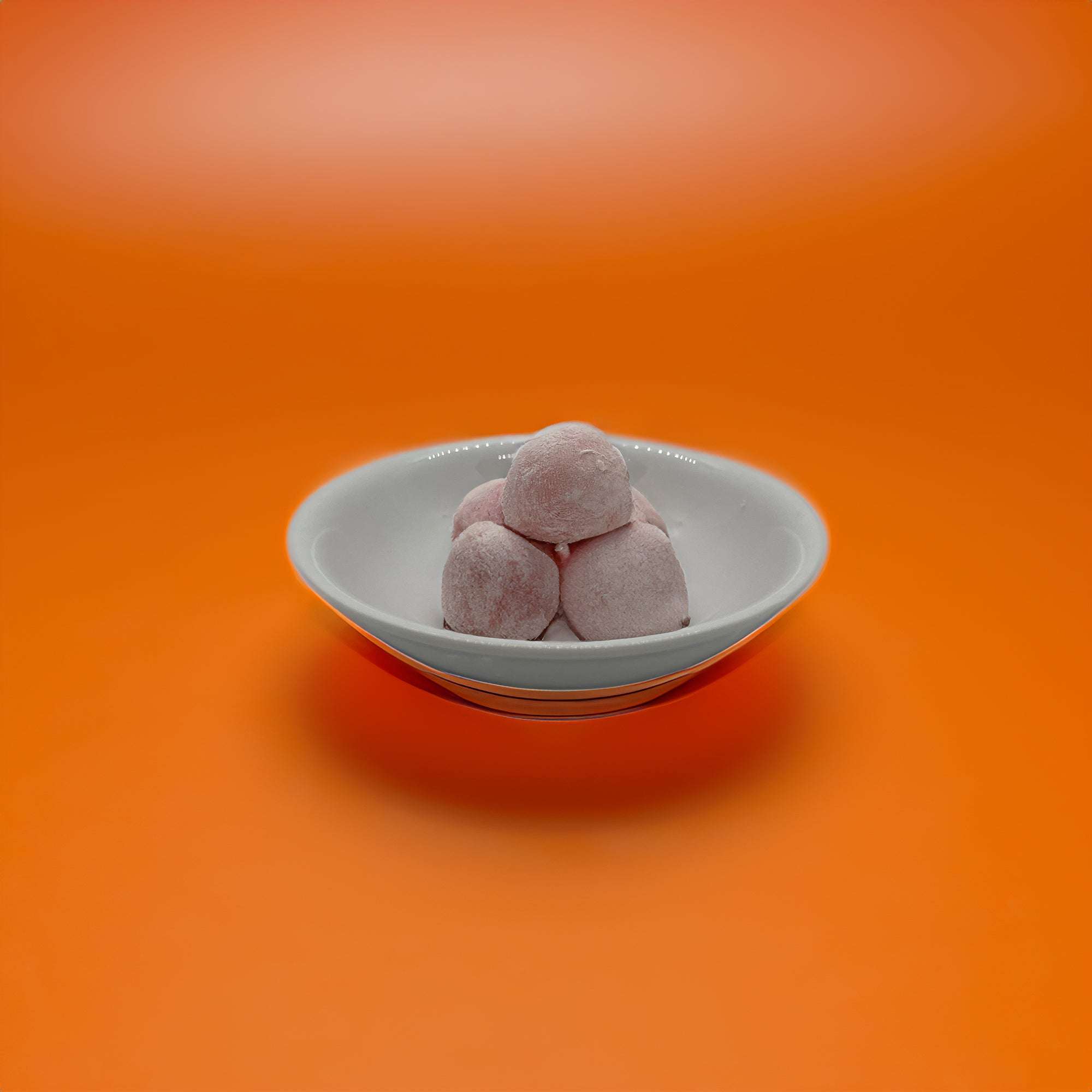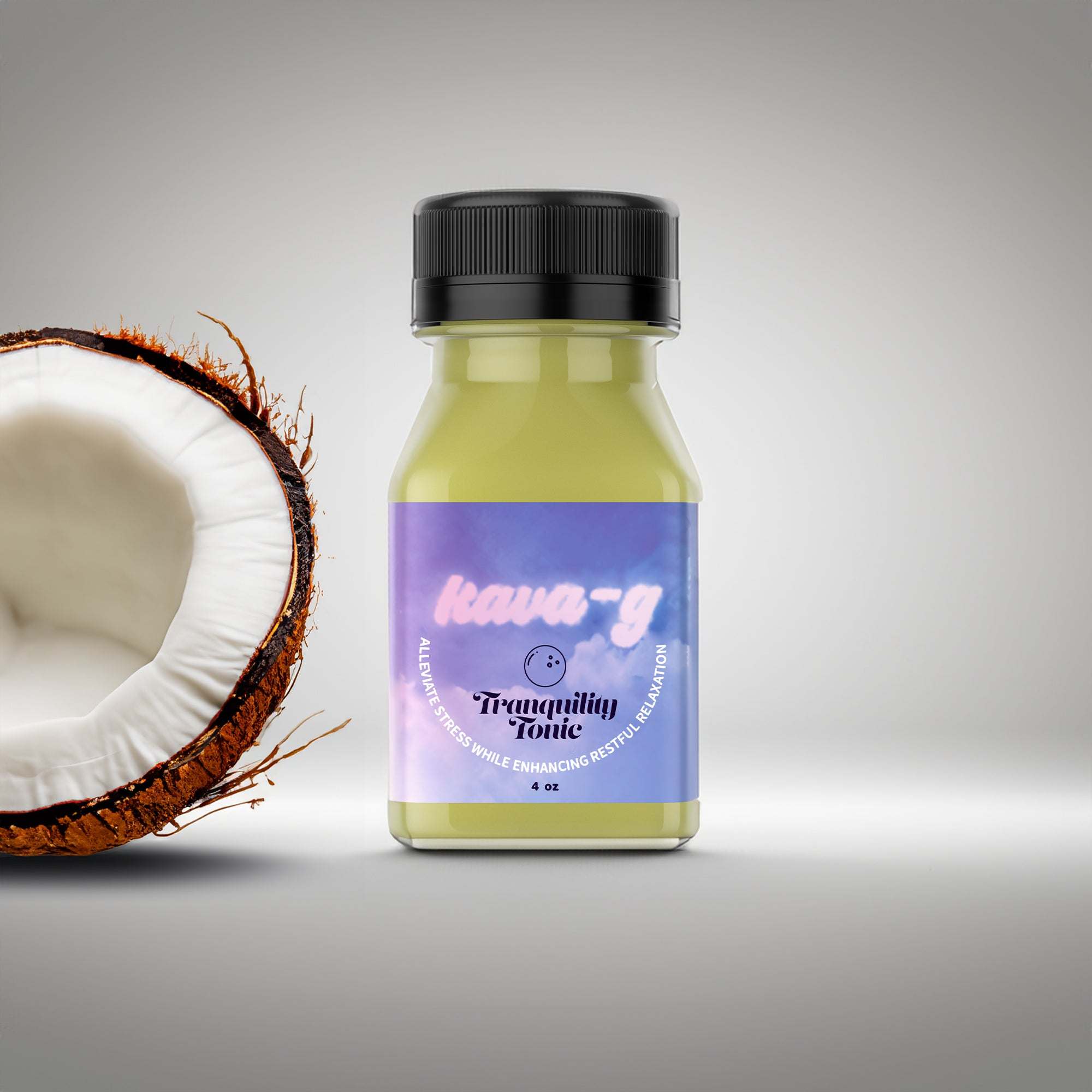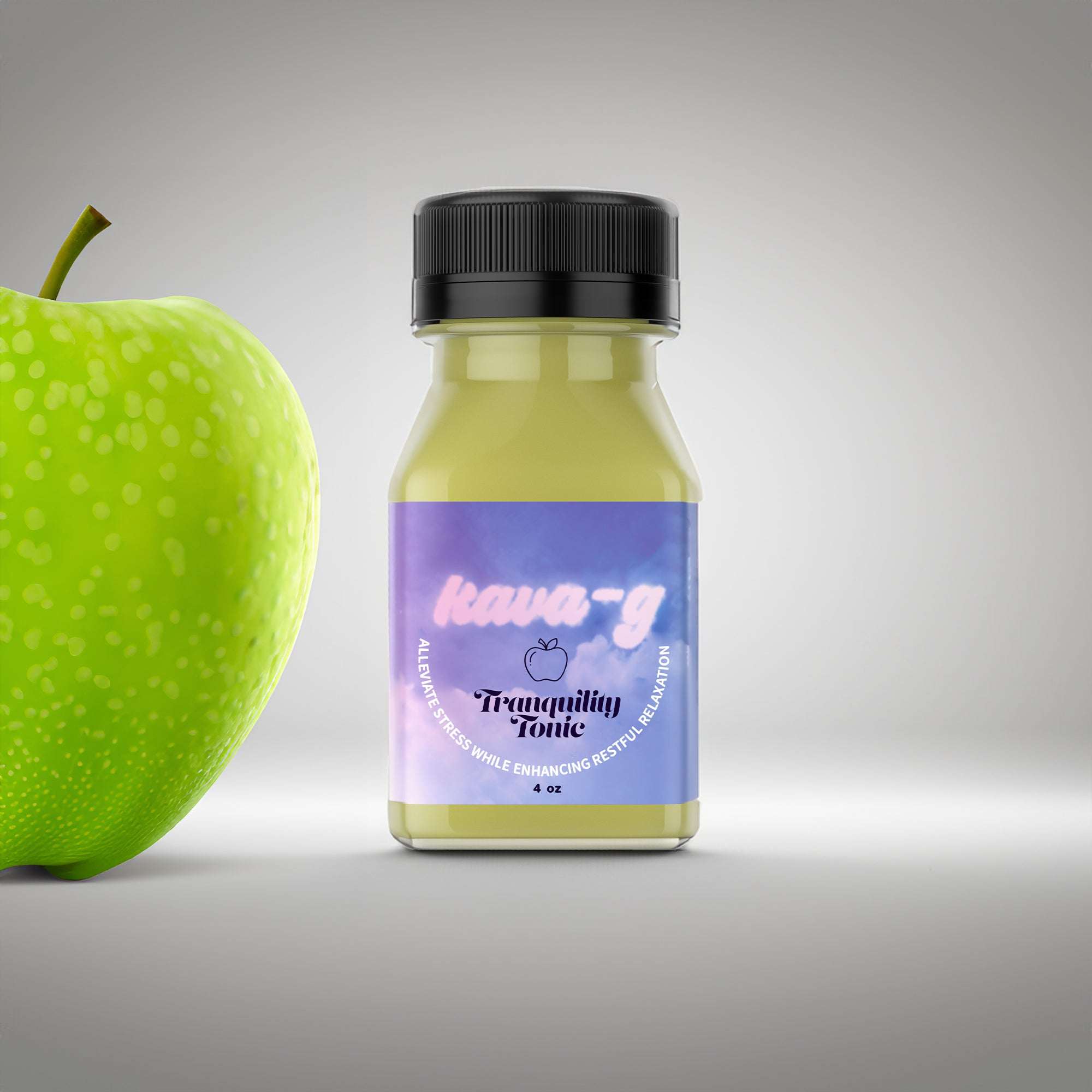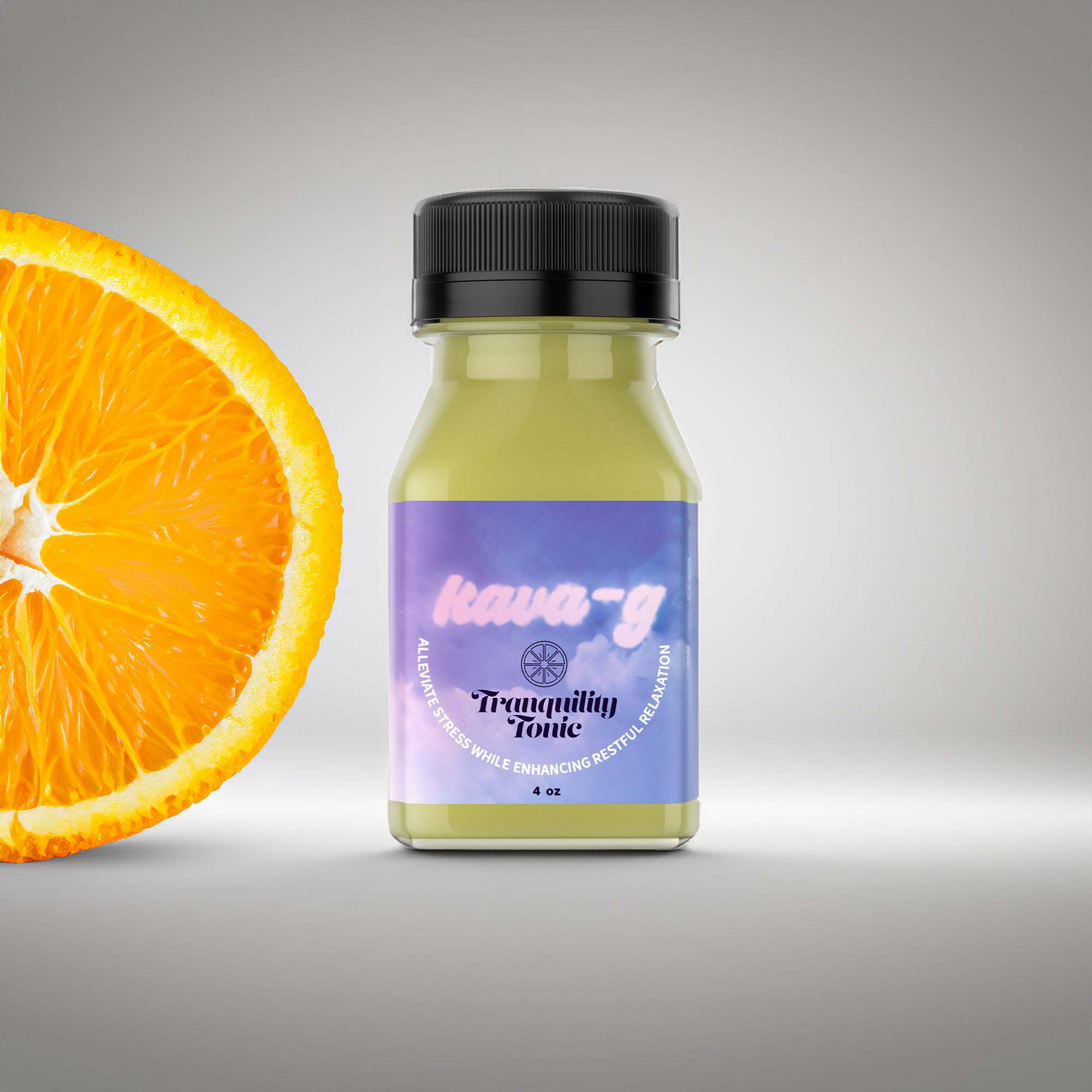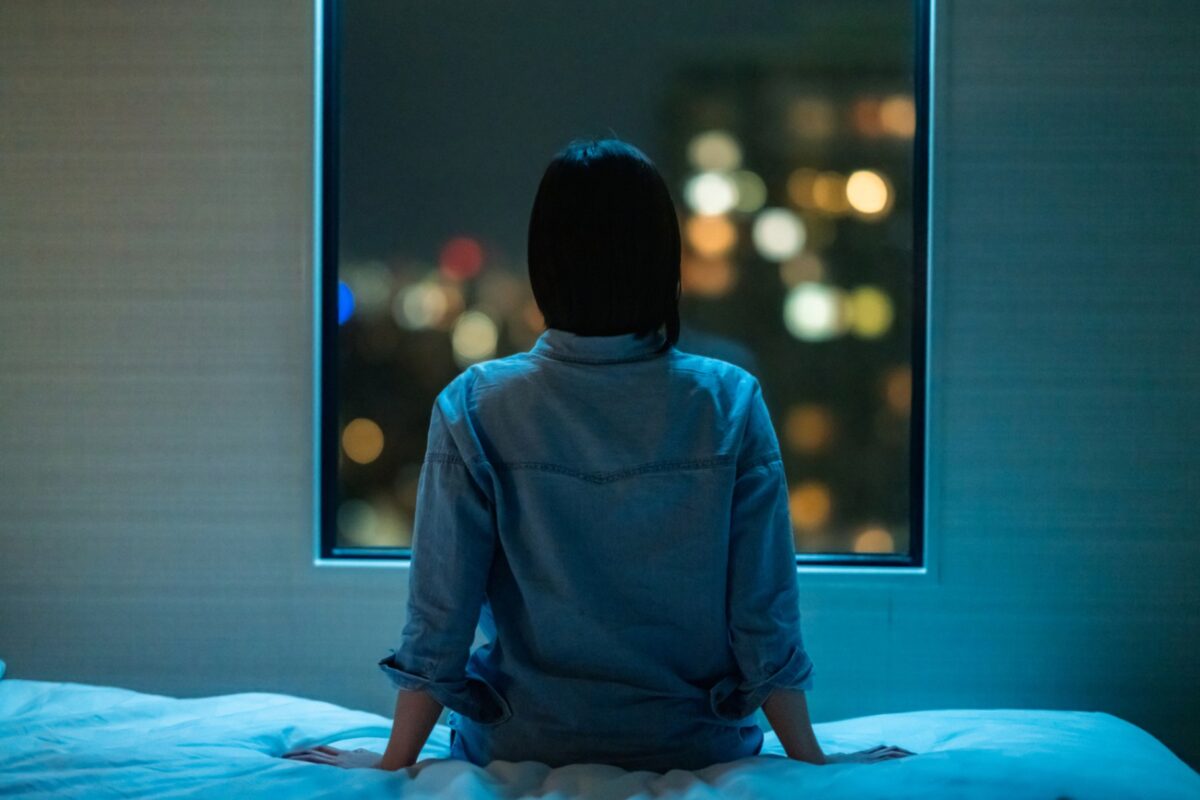

· By Shayan Alimohammadi
how does kava improve sleep?
In this article, we'll explore the research on kava and sleep, including how kava affects sleep quality and duration, as well as any potential risks or side effects.
Kava and Sleep: What the Research Says
Several studies have investigated the effects of kava on sleep. A 2005 study published in the journal Psychopharmacology found that kava extract improved sleep quality and duration in people with insomnia. The study involved 24 people with chronic insomnia who were given either kava extract or a placebo for 4 weeks. The researchers found that the participants who received kava extract had significantly improved sleep quality compared to those who received the placebo.
Another study published in the journal Phytomedicine in 2011 found that kava extract improved sleep quality and duration in healthy adults. The study involved 61 people who were randomly assigned to receive either kava extract or a placebo for 4 weeks. The researchers found that the participants who received kava extract had significantly improved sleep quality and duration compared to those who received the placebo.
How Does Kava Improve Sleep?
The exact mechanism by which kava improves sleep is not fully understood. However, it is believed that the active compounds in kava, known as kavalactones, interact with neurotransmitters in the brain to produce a calming and sedative effect. Kava is also thought to have anxiolytic effects, which can help to reduce anxiety and promote relaxation, making it easier to fall asleep.
Potential Risks and Side Effects
While kava is generally considered safe when used responsibly, there are some potential risks and side effects to be aware of. The most serious potential risk associated with kava is liver damage, which has been reported in some cases of long-term or high-dose kava use. It's important to use kava responsibly and avoid using it for prolonged periods or in high doses.
Other potential side effects of kava use include dizziness, headache, gastrointestinal upset, and skin rash. Some people may also experience allergic reactions to kava. It's important to stop using kava if you experience any negative side effects and consult with your healthcare provider.
Conclusion
Kava may be a useful natural remedy for sleep disturbances, including insomnia. The research suggests that kava can improve sleep quality and duration, potentially by promoting relaxation and reducing anxiety. However, it's important to use kava responsibly and be aware of potential risks and side effects. If you're considering using kava to improve your sleep, talk to your healthcare provider to determine if it's safe and appropriate for you.
